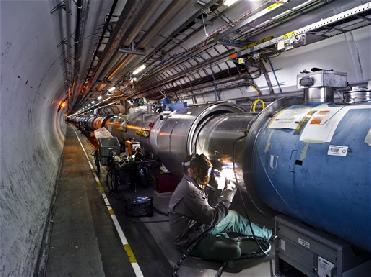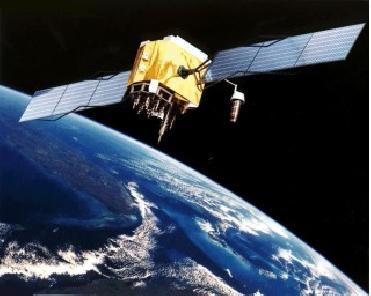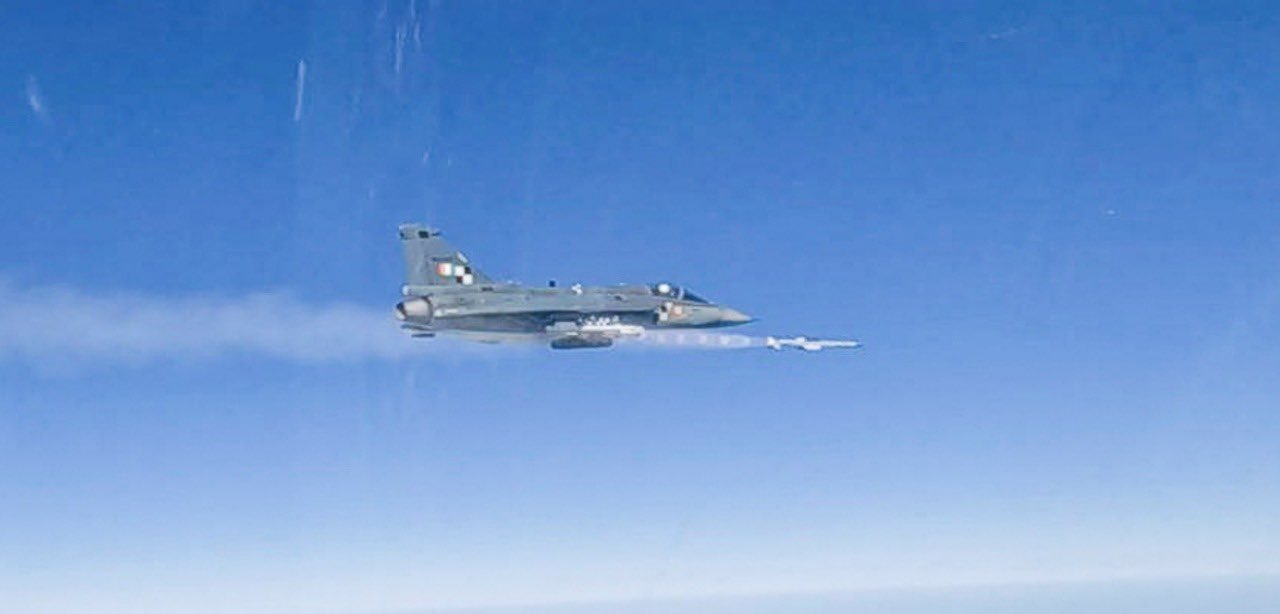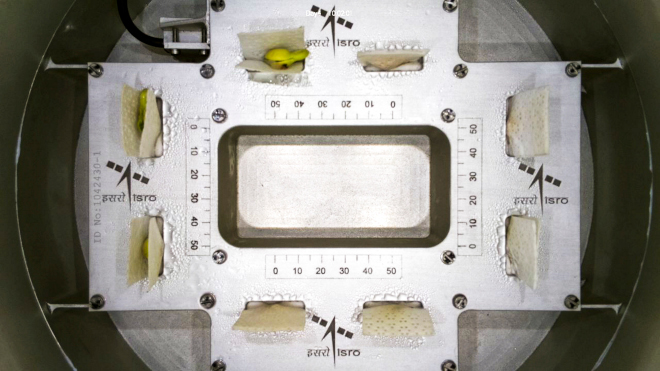
A File Photo of the Large Hadron Collider going under repair works. Photo Credit: CERN
MOSCOW (BNS): The European Organisation for Nuclear Research (CERN) said on Wednesday that the cost of repairing the Large Hadron Collider, which has been out of operation since last September, will be $37.7 million.
According to the Russian news agency Ria Novosti, the repair bill of 40 million Swiss francs confirms an estimate announced in January by CERN's director general, Rolf Heuer. Earlier estimates had put the figure at $28 million.
"The total cost for repair, consolidation, new quench protection system and replacing spare magnets is 40 million Swiss Francs," James Gillies said, as quoted by Ria Novosti.
The collider, located 100 meters under the French-Swiss border with a circumference of 27 km, enables scientists to shoot sub-atomic particles round an accelerator ring at almost the speed of light, channeled by powerful fields produced by superconducting magnet.
Experiments using the particle accelerator were suspended due to a helium leak into the tunnel housing the device and a subsequent electrical fault.
The Large Hadron Collider is the world's largest and highest-energy particle accelerator, intended to collide opposing particle beams, of either protons at an energy of 7 TeV per particle, or lead nuclei at an energy of 574 TeV per nucleus. The Large Hadron Collider was built by the European Organisation for Nuclear Research (CERN) with the intention of testing various predictions of high-energy physics, including the existence of the hypothesised Higgs boson and of the large family of new particles predicted by super symmetry.
There are many theories as to what will result from these collisions, but what's for sure is that a brave new world of physics will emerge from the new accelerator, as knowledge in particle physics goes on to describe the workings of the Universe.
CERN has nearly finished examining the 10,000 electrical interconnections like the one that failed in September. Originally, the organisation said it expected to start test collisions in April but that date has been pushed back several times already, most recently to October.
Scientists hope the Large Hadron Collider will allow them to recreate the conditions one-trillionth of a second after the Big Bang and to better understand the origins of the universe.
 Previous Article
Previous Article Next Article
Next Article













The Indian Air Force, in its flight trials evaluation report submitted before the Defence Ministry l..
view articleAn insight into the Medium Multi-Role Combat Aircraft competition...
view articleSky enthusiasts can now spot the International Space Station (ISS) commanded by Indian-American astr..
view article